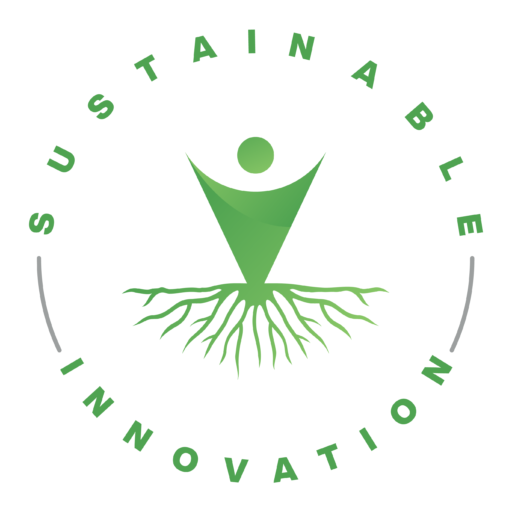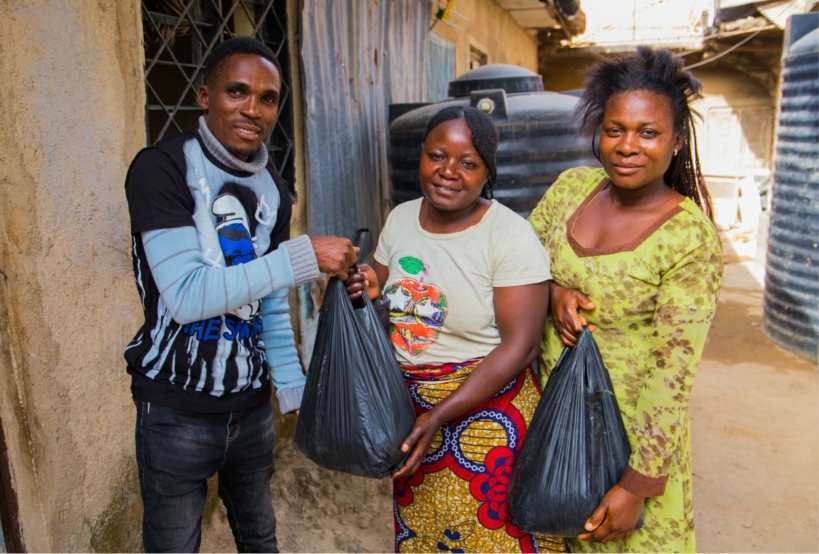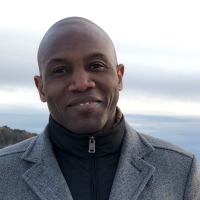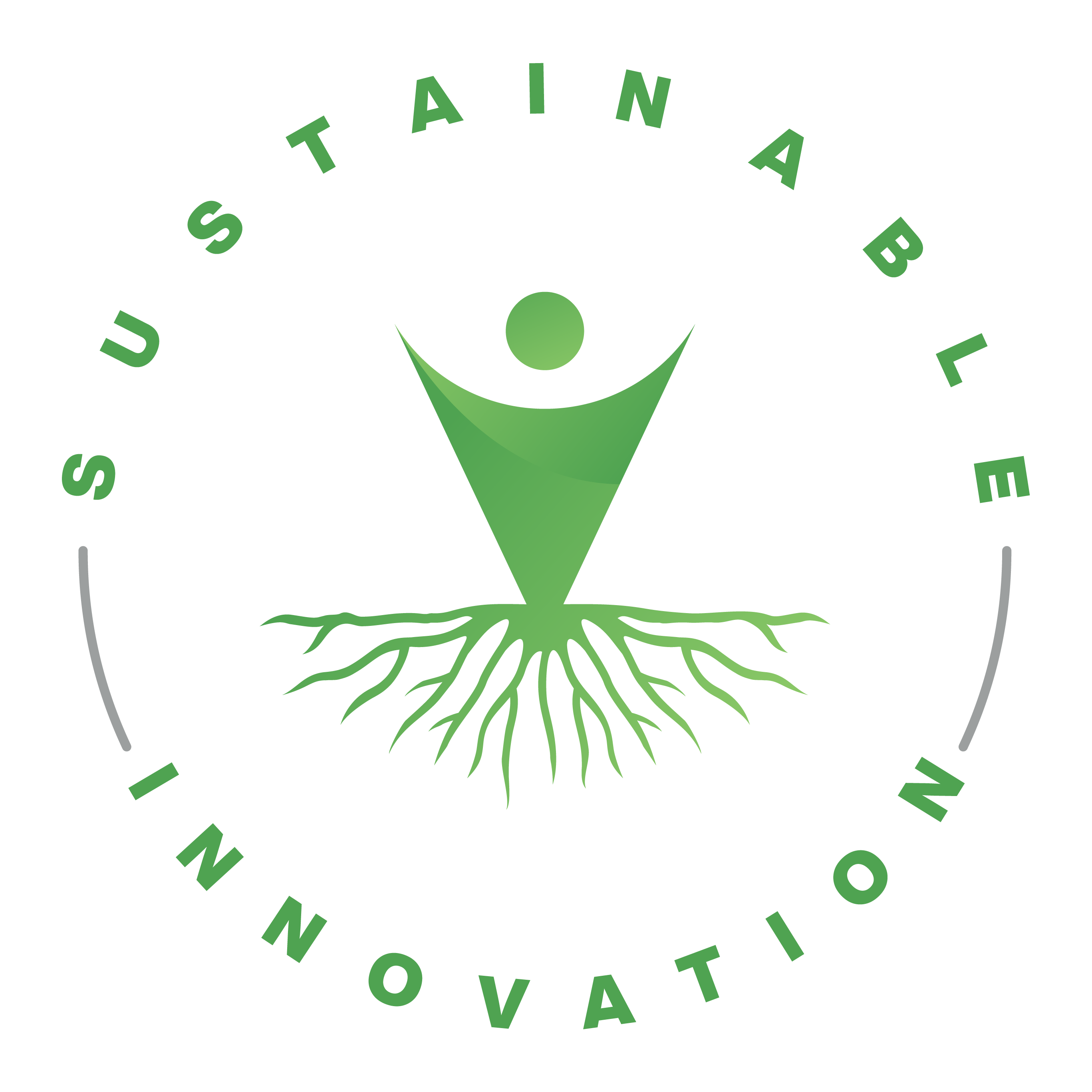

Covid – 19 poverty
Introduction
When Covid-19 hit, countries went down on partial or full lock downs. Africa largely implemented similar policies. Businesses we shut down (partially of fully). The policy however did not take into account the non-formal economy sector that provides for immediate survival for millions of ordinary people. The non-formal (not informal) sector of Nigeria’s economy is the largest by far, and comprises of street food sellers, water vendors, road side gasoline sellers, barbers shop (and any economic activity simply started without formal registration).
Most non-formal economic activities are for survival purposes. Family expenses such as feeding, school fees and outings are generated from it. Furthermore, even before Covid-19 the government is incapable of providing a more organized economic opportunity for the populace to directly participate in.
Communities whose survival are directly to linked to non-formal economic stream were hit the hardest following lock down, putting them into a new level of poverty. Inflation also hit hard, with the local currency almost doubling to the dollar. Middle class families struggled too. The results were extreme poverty and crime and youths were out to fend for themselves and families.

Charity work is an alternative during the Covid-19 lockdown, far from sustainability, when enabling environments demolished by policies non for profits have to adapt or stop their operations. Several organizations have to suspend their activities, however we adapted to keep serving people affected the most by the lockdown.
Sustainability
Sustainability is directly linked to enabling environment; factors that provide thriving system to operate within. It has always been an open market or economic structure empowered by public policies to function. Our idea of sustainability is to empower humanity. A temporary measure like charity work is a way to serve people for a short period of time. The impact brought about by directly serving families an individuals have benefitted them to look forward to the end of lockdown.
Most families already have some means of livelihood before Covid-19 hit such that our charity work didn’t have to continue after the short lockdown.
Funding
The fundraising activities was a campaign for people to donate what they can, necessitated by unplanned incidence. The generosity of people went a long way to provide small hope for those that eagerly waited for their daily bread. With people participating throughout the world, Sustainable Innovation could suddenly serve many families.
The food distribution were conducted by our staff and volunteers to families that are known to benefit from the program. It was a success largely because of a community based mentality where people relate freely with others, making it easier to understand their economic needs.
Since lockdown ended in Nigeria, Sustainable Innovation could resume their usual work by ending the charity work of serving food to communities.
Opportunities
The opportunities presented during this campaign has helped shape our approach to sustainability by remodeling our methods through involving aspects of society thus far not included. We can also organize our activities better and have greater insight to fundraising campaign among others.

Written by Francis Obaika.
Founder, Sustainable Innovation.
Share:
Related Posts


Auto Workshop
Our findings have shown that Nigerian youths are skillful in practical work such as car repairs. Most cars are fixed by roadside mechanics often experience…

Covid – 19 poverty
While Covid-19 didn’t wreck Africa as it did in the west, its initial phase has presented severe economical effects on families that are already living below line. A charitable approach is a tool to deal with immediate food needs…


Clean Water
Clean Water is invaluable access in most of Africa, Nigeria not the least. State owned water supply are either in limited supply or not connected to entire towns.
